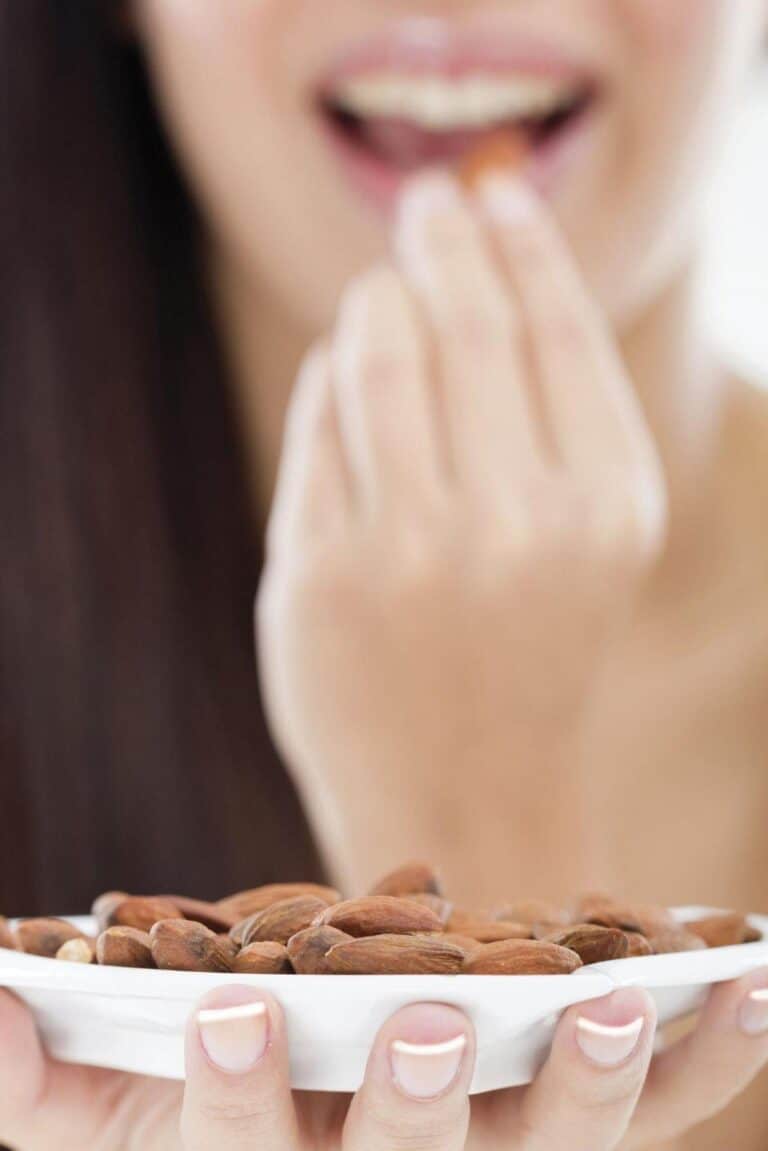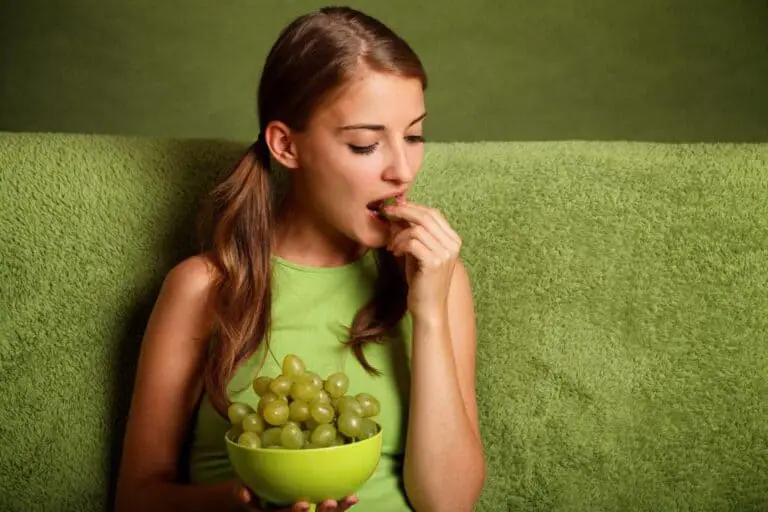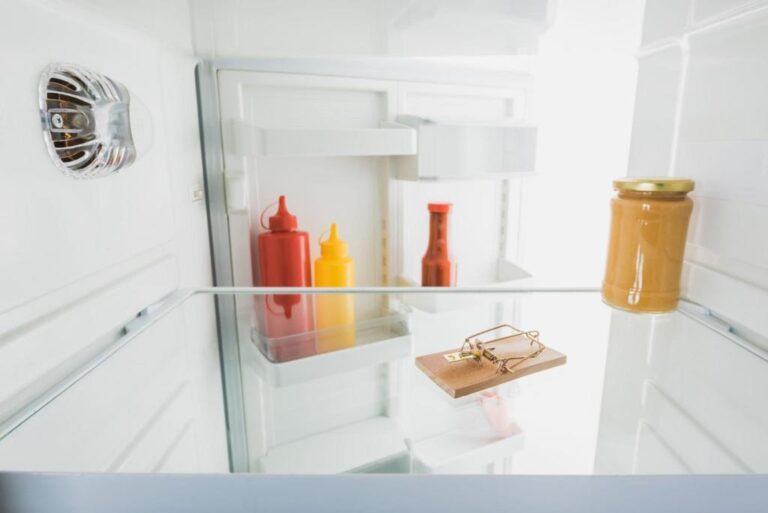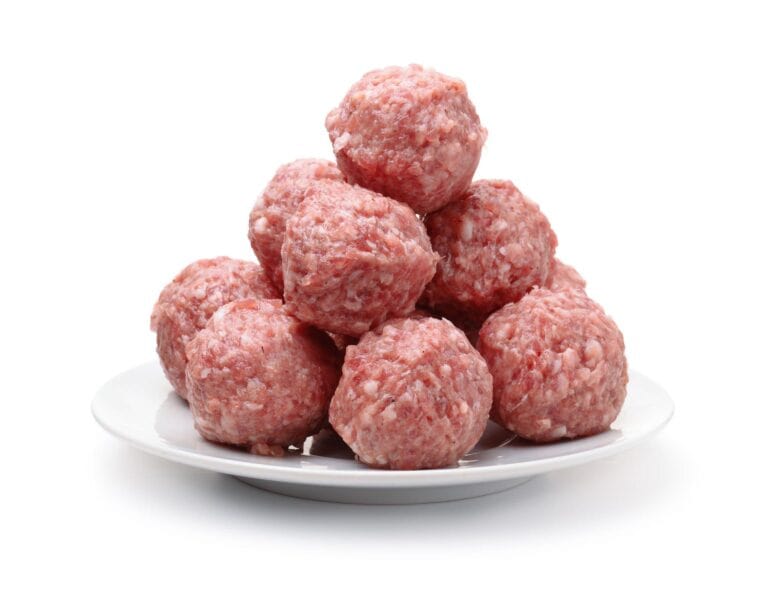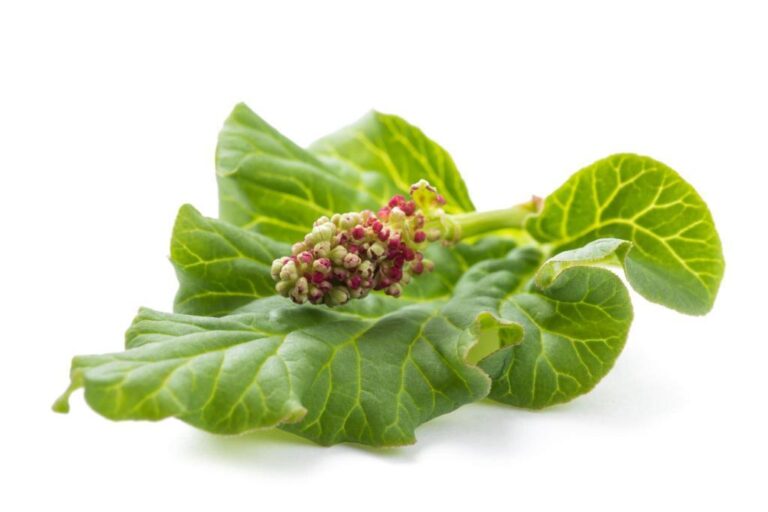Can We Drink Milk or Tea After Eating Melon? Exploring the Truth
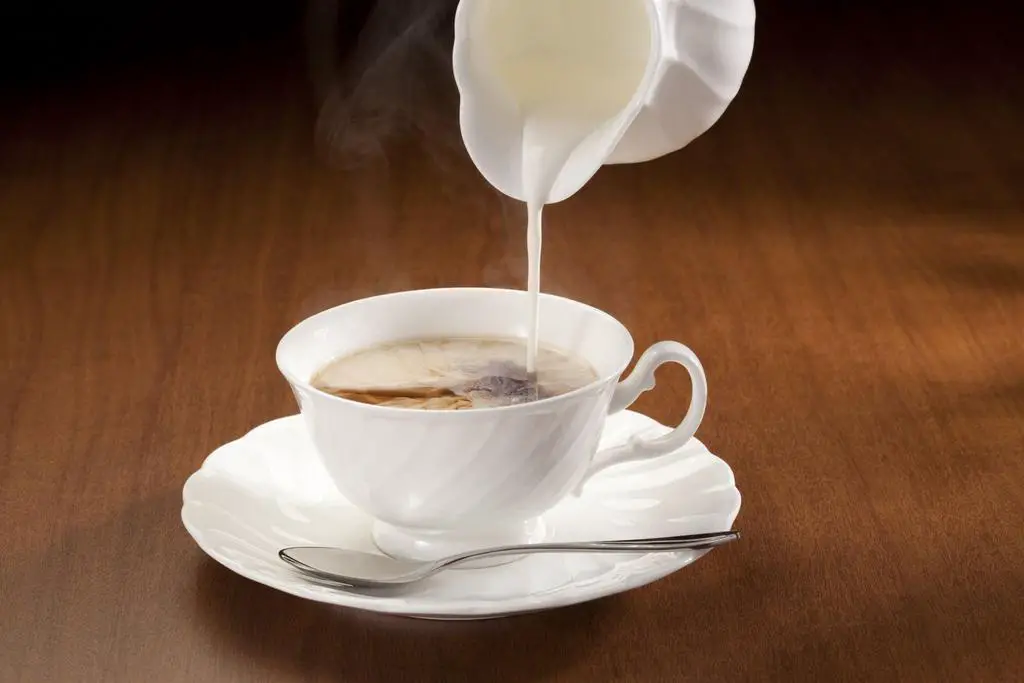
Picture a lazy summer afternoon: the sun’s warmth kissing your skin as you relish a juicy slice of melon, its sweetness dancing on your taste buds. Now, you’re torn between that steaming cup of tea or the creamy goodness of milk. But wait, a nagging thought crosses your mind: Can you actually have milk or tea after eating melon?
Yes, you can have milk or tea after indulging in melon. There is no scientific evidence to support the myth that drinking milk or tea after eating melon, watermelon, or grapes will cause any sickness
It’s time to put the myths to rest and embark on a flavorful journey of exploration. Join us as we delve into the complex world of food combinations and the digestive process, and discover the truth behind the melon-milk-tea mystery. Prepare to satisfy not only your curiosity, but also your hunger as we solve this culinary dilemma for good.
The Melon’s Sweet Allure and Its Nutritional Value
Melons, with their vibrant colors and succulent flesh, are a typical summer treat. Their high water content and natural sweetness make them a refreshing choice, especially on hot days. The idea that eating melon with other foods, like milk or tea, might cause digestive problems is often debated.
Melons, such as watermelon and cantaloupe, offer a refreshing burst of flavor and significant nutritional benefits. Their high water content hydrates the body, while vitamins like vitamin C and minerals like potassium promote overall health. These nutrients aid in maintaining healthy skin, supporting the immune system, and regulating blood pressure.
Exploring the Digestive Myths of Milk, Tea, and Melon
Myth 1: Milk and Melon Clash
One commonly held belief is that combining milk and melon can cause digestive distress. This myth suggests that the two foods have incompatible properties, resulting in bloating, gas, or even indigestion. However, modern nutritional science paints a different picture.
Myth 2: Tea and Melon Mix-up
Similarly, the idea that enjoying tea after consuming melon might lead to adverse effects has made the rounds. Advocates of this theory warn against the potential interactions between the tannins found in tea and the enzymes in melon, alleging potential harm to the digestive process.
Separating Fact from Fiction
It’s time to dispel these digestive myths and embrace a more nuanced perspective. While it’s true that some foods don’t harmonize well due to varying digestion rates, the melon-milk-tea trinity isn’t necessarily a worrisome trio.
Digestion Dynamics
Digestion is a complex process involving enzymes, stomach acids, and various bodily systems working in tandem. While it’s true that different foods may require varying levels of digestive effort, the combination of melon with milk or tea is unlikely to cause major disruptions.
Enzyme Compatibility
Melons contain enzymes like amylase, which aid in carbohydrate digestion. Milk and tea, on the other hand, don’t interfere significantly with these enzymes. While some might argue that consuming milk and melon together might lead to curdling, this occurrence is more influenced by the stomach’s acidic environment than the actual combination of the two.
Certain enzymes are specific to particular types of food, but our bodies are equipped to handle various combinations. For instance, lactase helps break down lactose in milk, while the body produces proteases to digest proteins present in both milk and tea.
Unlocking Flavor Combinations of Milk, Tea, and Melon
The world of food is as much about flavor combinations as it is about nutritional value. When it comes to melon, milk, and tea, the harmony between their tastes can create a delightful culinary experience.
| Food Combination | Experience |
| Melon + Milk | Creaminess of milk complements the melon’s natural sweetness. |
| Melon + Tea | Light, herbal teas can enhance the refreshing nature of melons. |
| Tea + Milk | Classic tea blends with milk can provide a comforting backdrop. |
Related: What Does Seven Blossoms Tea Taste Like?
Gastrointestinal Discomfort
Concerns about gastrointestinal discomfort after consuming melon, milk, and tea together are valid but not universal. Some individuals might experience bloating, gas, or indigestion due to factors like personal sensitivity or portion sizes. However, these symptoms aren’t solely attributed to the combination of these foods.
To further illustrate the key points discussed, here’s a table summarizing the different aspects:
| Aspect | Key Points |
| Digestive Processes | Melon, milk, and tea have distinct breakdown mechanisms. |
| Melon Nutritional Value | Melons are rich in water, vitamins, and minerals that promote health. |
| Food Combination Myths | Traditional beliefs conflict with modern nutritional understanding. |
| Enzyme Compatibility | Enzymes aid in breaking down various food components, facilitating digestion. |
| Gastrointestinal Discomfort | Discomfort might arise from sensitivity or portion sizes, not just food combinations. |
The Effect of Drinking Milk or Tea on Fruit Nutritional Absorption
Adding milk to tea or consuming fruits with milk may affect the absorption of beneficial compounds in these foods. The milk protein casein binds with the antioxidants in tea, reducing their ability to fight harmful free radicals. However, the results of studies on the effect of milk on tea’s antioxidant capacity have been conflicting.
Adding milk to tea may interfere with the activity and absorption of antioxidant compounds to some extent, but it may not have the same effect with teas that have been infused for long periods of time. Proteins in dairy and soymilk bind and form complexes with tea’s polyphenol compounds, which could potentially reduce the health benefits of drinking tea. However, with black tea, adding milk does not make a difference to the amount or availability of tea’s beneficial compounds. The most extensively studied component of green tea, ECGC, decreased in a human trial with milk by about 30%.
Milk did not decrease the absorption of all types of catechin polyphenols found in green tea. Mixing fruits with milk is not recommended as per Ayurveda, as certain fruits produce heat during digestion, while milk acts as a coolant. When milk and these fruits are combined, their mutually antagonistic properties can lead to digestive problems and unbalanced gut flora.
Conclusion
In conclusion, the compatibility of consuming milk or tea after eating melon is not as straightforward as some myths suggest. Although our bodies are capable of handling a variety of foods, individual factors may cause discomfort. The key takeaway is to prioritize a balanced diet and mindful eating practices, allowing you to savor the delightful combination of flavors without undue worry.
Cultural practices, scientific studies, personal sensitivities, hydration, hygiene, and balanced dietary choices all contribute to the answer. While there’s no one-size-fits-all response, embracing diversity in both your diet and your understanding of food can lead to a more enjoyable and informed culinary journey.
Remember, it’s important to listen to your body’s cues and adjust your dietary choices based on how you feel. By embracing a well-rounded approach to nutrition, you can enjoy the deliciousness of melon, milk, and tea while promoting your overall well-being.
FAQs on Benefits of pairing tea with melon
Can I really not drink milk or tea after eating melon?
The belief that consuming melon with milk or tea can cause digestive issues is not well-supported by scientific evidence. However, individual sensitivities can vary.
What is the reasoning behind avoiding melon with dairy or tea?
Some traditional beliefs suggest that melon’s high water content might dilute digestive juices, leading to potential discomfort. However, modern understandings of digestion is more nuanced.
How long should I wait between eating melon and drinking milk or tea?
There’s no strict time frame for waiting between consuming melon and dairy/tea. Pay attention to your body’s signals and adjust your eating habits based on your comfort level.
What other factors influence digestion and food compatibility?
Digestion is influenced by various factors, including the overall diet, individual sensitivities, gut health, and portion sizes. Staying hydrated and eating mindfully contribute to better digestion.
Is it bad to drink tea after eating melon?
No, it’s not bad to drink tea after eating melon. Contrary to myths, tea and melon are generally compatible. The combination doesn’t significantly hinder digestion, so you can savor both without undue concern.
What are the effects of consuming dairy after eating fruits?
Consuming dairy after fruits may lead to temporary digestive discomfort in some individuals due to varying digestion rates. However, the impact varies from person to person. Moderation and listening to your body are key.

